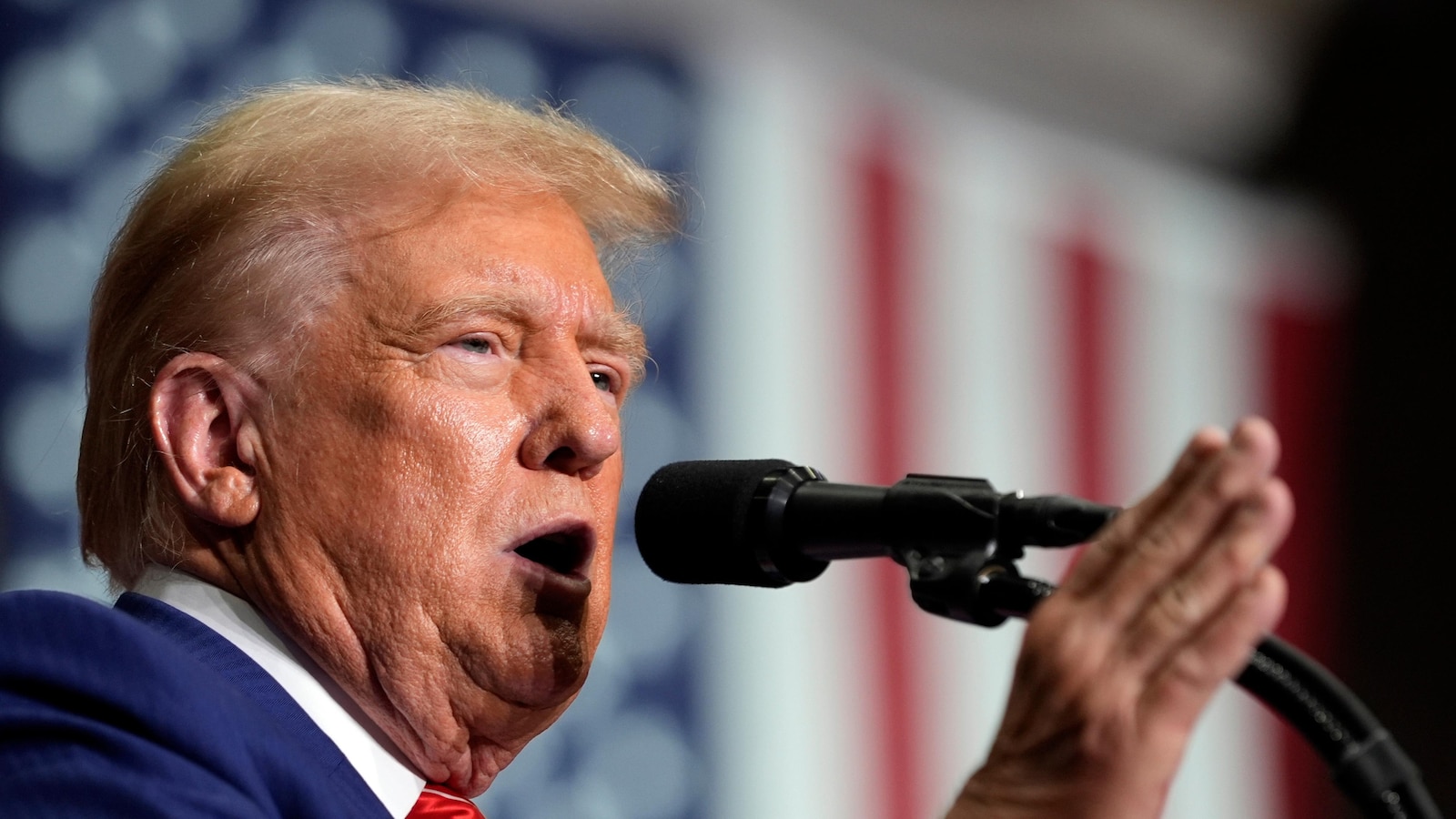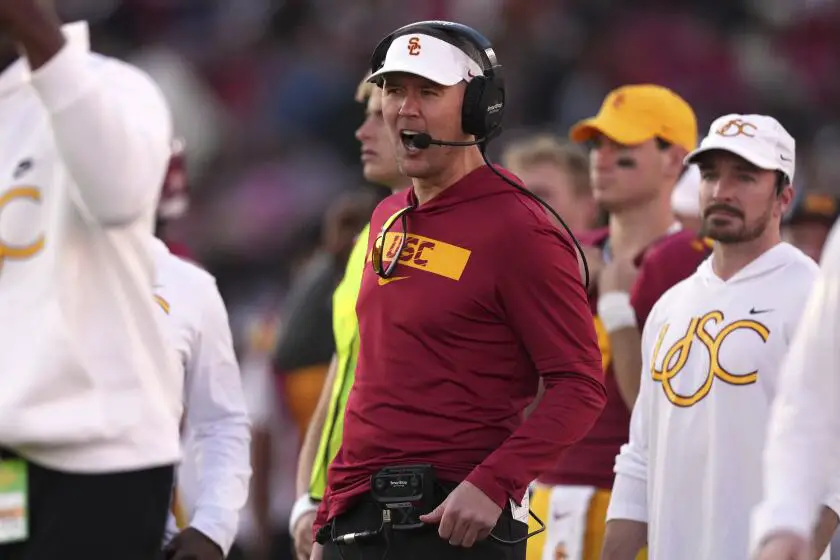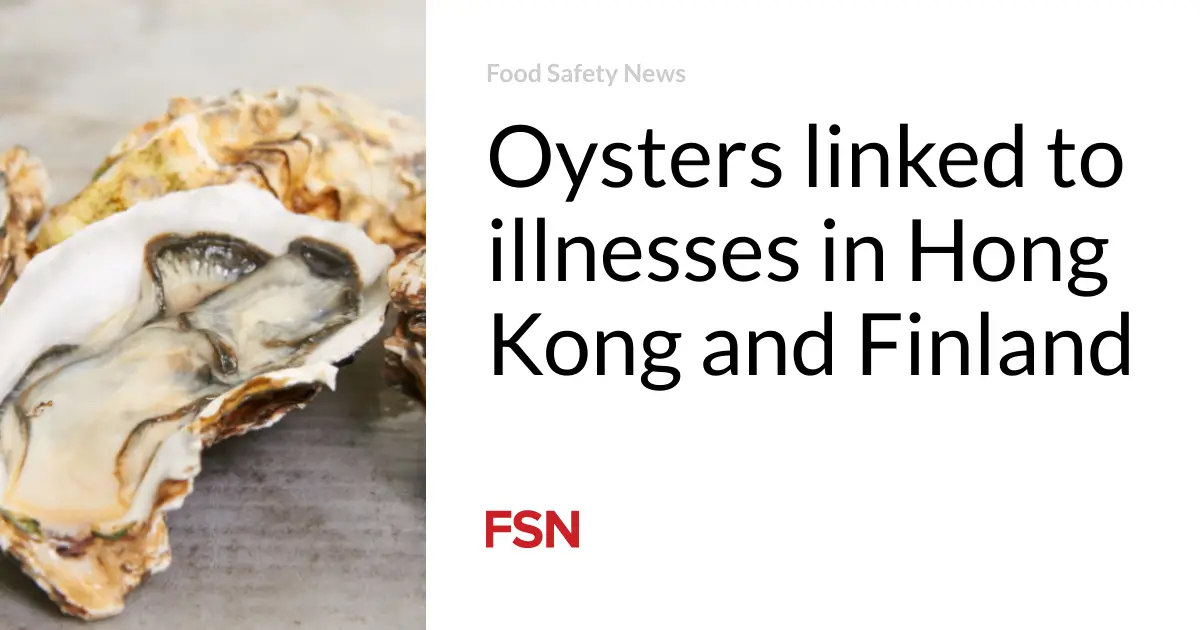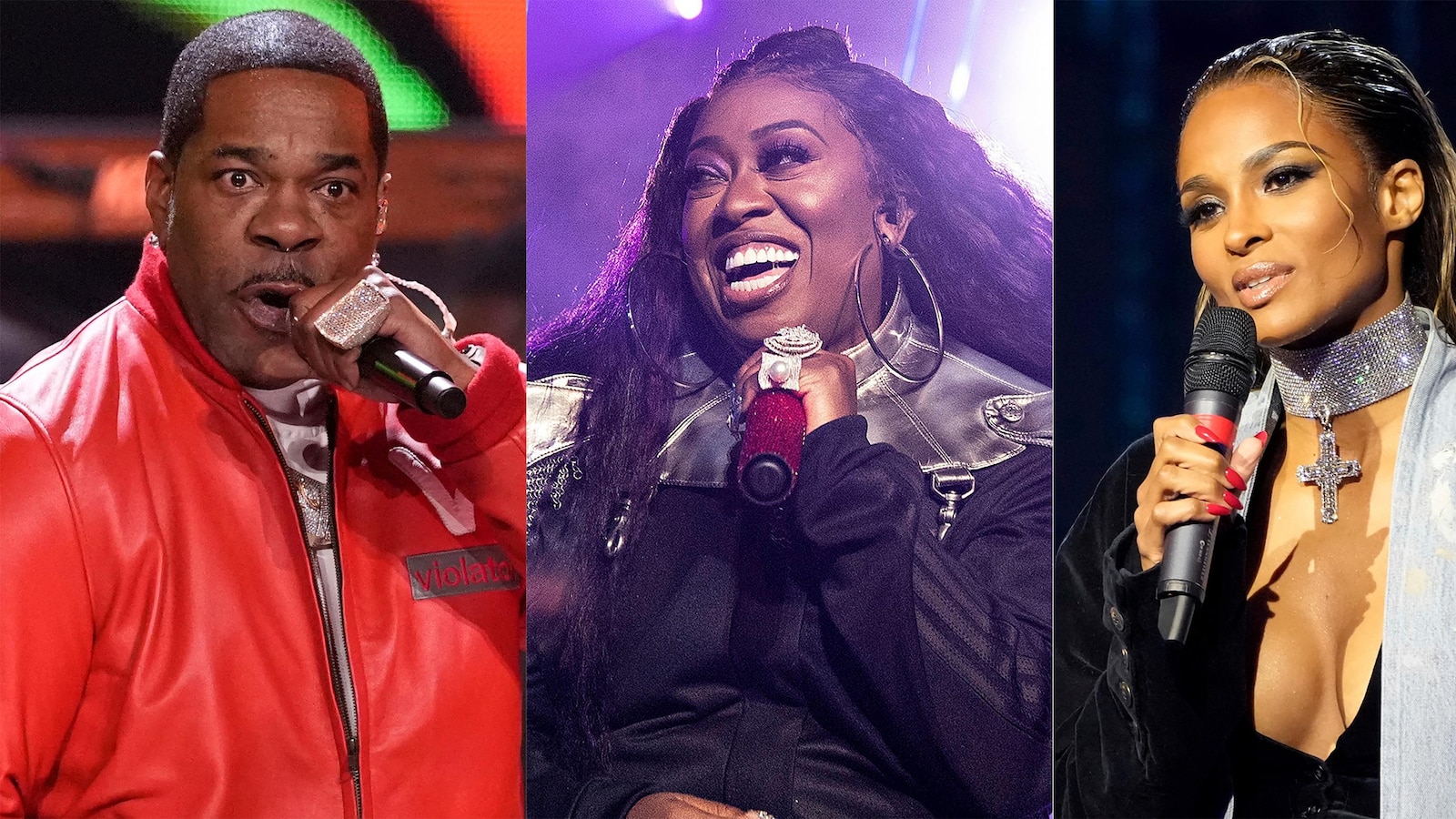
WASHINGTON — At first glance, there’s little that a 78-year-old former president and a 23-year-old internet personality might have in common.
Donald Trump admitted in a recent appearance on Adin Ross’ show that he only “more or less” understood livestreaming, the publishing of live video on social media. But he told Ross he appreciated that the show was part of “the new wave” of information — and he credited his youngest son, 18-year-old Barron, for helping educate him.
“My son’s told me about you, and they told me about how big, he said, ‘Dad, he’s really big,’” Trump said during their two-hour conversation.
Trump’s campaign has fully embraced the bravado-filled, macho, often contrarian online spaces popular with a subset of younger men on livestreaming platforms like Twitch and Kick, as well as on YouTube, TikTok and Instagram. The former president has appeared with the influencer Logan Paul, another personality Trump said was a favorite of his youngest son, and spoke on X with multibillionaire Elon Musk, a figure revered by many younger conservatives.
The computer scientist and podcaster Lex Fridman, who also has a large audience of mostly younger men, said he will soon host an episode with Trump.
Both Trump and Vice President Kamala Harris are competing for voters who increasingly get most of their news from non-traditional sources. Trump’s campaign aides talk to conservative influencers about potential topics and guests, while the Harris campaign credentialed around 200 content creators to the recent Democratic National Convention, with some getting free hotel stays and other perks from aligned liberal groups to be in Chicago.
“This election is where influencers as news sources have really matured into a place where campaigns have real outreach programs and treat them almost like segments of the media,” said Tammy Gordon, a digital communications strategist. “And that’s one of the really neat things about the evolution of political advertising. Plus, the scary thing is that you can so finely slice and dice the electorate that you’re feeding different messages in different places.
“That’s both a cool thing about technology and a terrifying thing about political advertising,” she added.
It is unclear how much the Trump campaign’s ventures into online media will boost his campaign. The same social media platforms are filled with content creators highly critical of the former president who go viral by the same algorithms as Ross and other pro-Trump personalities.
But Trump cultivating memes is in some ways an evolution of the strategy he used to boost his persona as a playboy, businessman and mogul. That image helped make him a New York tabloid darling in the 1980 and 1990s, a television personality with “The Apprentice” in the 2000s and, ultimately, president in the 2010s.
The campaign now hopes to leverage Trump’s celebrity and bombast to garner attention online and in traditional media in ways that implicitly push his message to audiences who may not pay attention to political news. It views men under 50, including many Black and Hispanic men, as key demographics where Trump can make inroads.
Younger Americans, communities of color and immigrant communities are all more likely than older or white Americans to receive their news online or from social media.
In his appearance with Trump, Ross toned down his normally provocative persona and swapped out his normal discussion topics of video games, sports and women for Trump’s foreign policy and immigration talking points.
Ross gifted Trump a Rolex watch and then walked with him to sit inside a Tesla Cybertruck decaled with a picture of the former president’s face after the July assassination attempt at a rally, along with images of a bald eagle and an American flag. Then the two danced outside the truck.
Ross is an internet personality who gained prominence in 2020 by livestreaming video games with now-professional basketball player Bronny James, son of NBA legend LeBron James, and later appearing with rappers like Lil Uzi Vert. He became known for making provocative comments about sexuality and women on his livestreams.
His stunts regularly brought him an audience of hundreds of thousands of mostly men but also suspensions across platforms for repeatedly using slurs and other transgressions. He was permanently banned from Twitch in 2023 for what the platform called “hateful conduct.” He increasingly espoused right-wing political views as he developed friendships with figures like Andrew Tate, a controversial influencer who was recently put under house arrest over new allegations of human trafficking with minors.
The presidential campaign is hitting its apex at a time of perceived challenge for many young men, particularly those without a college degree who are struggling economically. Conservative politicians and internet personalities have sought to address a bevy of grievances.
Solomon Brent is one of four men who post daily reaction videos to their YouTube channel, CartierFamily, offering their Gen Z, Black, right-wing perspective on the political news of the day to more than 1 million subscribers with hyperbolic headlines and casual conversation. They joke about former CNN host Don Lemon, praise conservative commentators who “destroy” and “obliterate” liberal politicians and activists, and mix their banter in with everyday debates over relationships, sports, music and other ostensibly non-political topics.
“I think they just see our raw, honest opinions. We just pull up a clip that we’ve seen happen for the day and we just react to it,” Brent said. “We keep it all the way real about pretty much everything.”
The videos have found appeal with an audience that is overwhelmingly male and under the age of 40, the group said, citing YouTube’s analytics.
After garnering a following online with their videos, the group behind CartierFamily met top Trump aides at a 2021 Turning Point USA event, who have since “connected some dots for us,” Brent said, with political connections, amplifying content and flagging stories to discuss to their audience.
The Trump campaign declined to disclose the number of online conservative creators it is working with in a similar manner to CartierFamily.
“Our strategy has always been to meet voters where they are and that means entering nontraditional media spaces,” said Janiyah Thomas, the Trump campaign’s Black media director. “Black podcasters hold significant influence over this election, and it is important to utilize diverse voices to amplify our message to the Black community.”
Harris’ presidential candidacy, meanwhile, has ignited an explosion of organic engagement online that the campaign has sought to harness, especially on platforms popular with younger Americans and people of color like Instagram, TikTok and YouTube.
The campaign is paying close attention to Harris’ online footprint and responding with its own content echoing its newfound online supporters. Creators have also been welcomed by the broader progressive movement; multiple creators confirmed that liberal groups closely aligned with Democrats offered perks like paid flights, parties and hotel rooms to cover the Democratic National Convention in Chicago.
Harris is also capitalizing on the White House’s years of engagement with the influencers to promote its agenda and hear their interests.
“I think there’s a lot to critique about (Biden) but, comparatively, the Republican Party doesn’t have the same level of support or creator outreach,” said Kahlil Greene, a TikTok influencer who creates American history videos that often go viral across platforms. “If I had to give them a review, I would definitely rate it positively. And I think they have really pioneered a new way of interacting with the public that, no matter how you feel about the details you can critique, you have to give them credit for that.”








